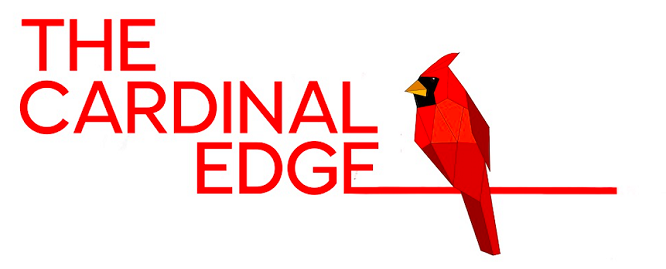
Program/Event
Arts and Research Showcase 2023
Abstract
Medication reconciliation (MR) is the process of determining the most accurate account of medication the patient is taking. Although MR seems simple, research has shown that 25% of medical errors are related to lack of medication reconciliation [1]. In the community clinic setting, the task of medication reconciliation falls on the Medical Assistants (MAs). A preliminary study of MR accuracy in an outpatient clinic found an average of 5.8 discrepancies in the chart medication list [2]. The most notable were incomplete directions, wrong directions, or wrong frequency of dosing. Unoptimized medication use is estimated to result in 275,869 deaths per year in the United States [3]. These are potentially avoidable deaths. A factor contributing to these poor outcomes is the 15-minute office visit and insufficient time to assess how patients are using their medications [4]. Improved MR would help optimization of medication use. Currently, a care team member dedicated to MR and medication management entirely does not exist due to lack of clear fiscal incentive. This study aimed to identify interventions to improve MR without using much more than existing resources. This was done by studying the current processes of MR in ambulatory care clinics, identifying gaps, and proposing interventions for potential improvement. These interventions were subjected to cost vs value analysis to determine which interventions were the most feasible given the 15 minute office visit the healthcare system currently operates in.
Recommended Citation
Khan, Aysha; Antimisiaris, Demetra; Perkins, Madison; and Fernandez, Luz
(2021)
"A Logistics Approach to Improve Medication Reconciliation in the Outpatient Clinic Setting,"
The Cardinal Edge: Vol. 1:
Iss.
4, Article 14.
Available at:
https://ir.library.louisville.edu/tce/vol1/iss4/14
Included in
Health Services Administration Commons, Patient Safety Commons, Quality Improvement Commons
